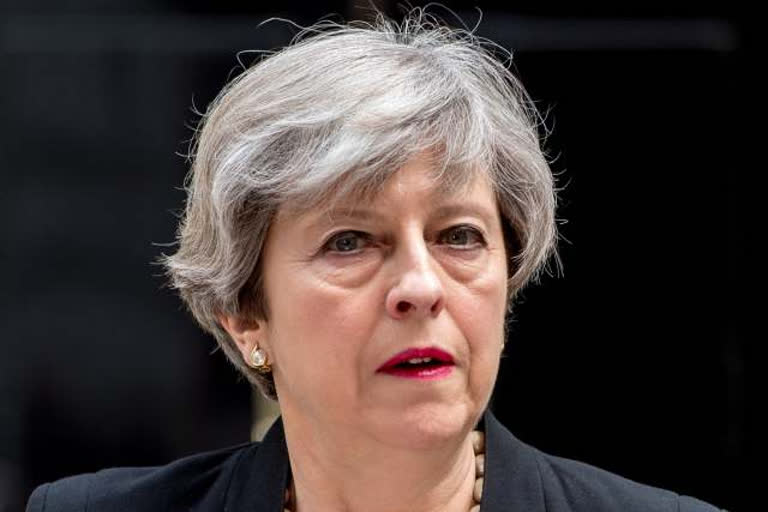London: The parliament of United Kingdom on Wednesday voted 312 to 308 for a motion that "rejects the United Kingdom leaving the European Union without a Withdrawal Agreement and a Framework for the Future relationship."
After the rejection British Prime Minister Theresa May said lawmakers are at the point where they must approve a withdrawal agreement in coming days and request a short postponement to Brexit day or request a "much longer" extension from the EU to negotiate a new arrangement.
She also warned that a long extension would mean Britain would have to take part in European Parliament elections in late May.
Also Read:2 attackers kill 8, themselves at Brazil school
"I do not think that would be the right outcome. But the House the House needs to face up to the consequences of the decisions it has taken," said May.
The only option left for May is to approach the EU for Article 50 which deals with the extension of Brexit.
The opposition on other hand said that, "extending Article 50 without a clear objective is not a solution. Parliament must now take control of the situation."
Earlier on Tuesday the parliament had rejected May's European Union divorce deal by 391 to 242.
The lawmakers will vote on Thursday on whether to seek a delay to Britain's March 29 departure from the European Union.
The sticky issue in Brexit
The sticking point in the Brexit deal is the Irish border. There is a 310 mile frontier between UK's Northern Ireland and the Republic of Ireland. As both the UK and Republic of Ireland are in European Union, trade between the two countries along the border has become easy for the existence of what is popularly termed as soft border, which means few checks on the passing of goods and materials.
Now if UK leaves the EU, the EU border rules cease to apply between Britain's Northern Ireland and Republic of Ireland, which effectively means going back to a 'hard border' where stringent checks are enforced. This is what the UK wants to avoid at all costs. The EU also does not want such a case.
Also Read:Macron arrives in Nairobi for climate conference
So what is needed is a clear policy and agreement that will conform to EU rules yet allow fewer checks along the Irish border. No such clarity is seen in this matter. What has been put forward instead is a a temporary arrangement popularly called the Backstop. It is kind of a safety net which helps ease the movement of goods between Northern Ireland and the Republic Of Ireland, till a much better and final arrangement is made.
But critics say that unless the issue is settled once and for all, it will be difficult for UK to get out of the Backstop arrangement and that will become a permanent arrangement instead of a short-term one. PM Theresa May assures all that the deal proposed by her has been worked on extensively and adequate measures are taken to eliminate any trade hitches. But her detractors are not convinced. They want more clarity, no legal hassles after Brexit and a finality on the border issue.
But it is not clear at the moment how an ideal deal acceptable to all the stakeholders is possible at the moment. The EU has already said that it has done all that could be done and that they don't know what more they can do.
The difficult thing, though some suggest, is to go to the EU for an extension of the Brexit matter, by referring to Article 50 and gaining more time for reaching an all satisfying agreement.
But if that does not work out then the worst case situation might be leaving the EU without a deal. And that would be disastrous for the UK. British MPs do not want that to happen. Yet some voices within the EU are being heard that foretell of such a possibility. The official date for UK to leave the EU is 29 March.
